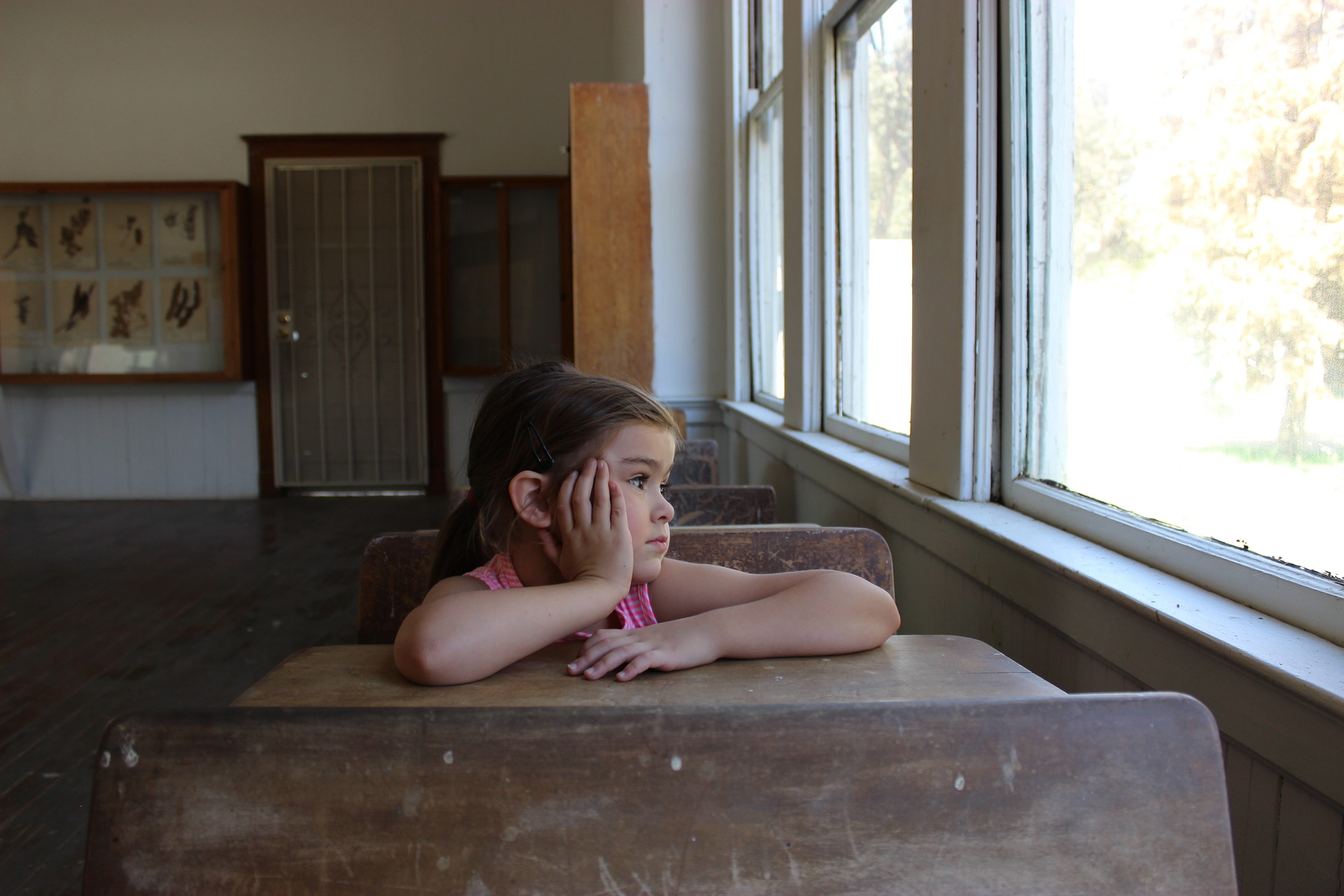The provincial government wants to keep mental health and wellness at the forefront of students’, teachers’, and parents’ minds.
Which is why it’s investing $8.87 million in enhanced wellness supports and programs over the next three years.
“Students need a safe place to say, ‘I’m not ok’, whether they’re struggling with anxiety or depression or any mental health issue,” Minister of Mental Health and Addictions Judy Darcy said.
“This investment will help provide students, parents and educators with the tools they need to support mental well-being for students across B.C. for years to come.”
Each school district in the province will be able to apply for grants to help support mental health for all students and for those who may have substance-use challenges. The province says the grants can be used for different programs and supports, such as staff training, student workshops, family information nights or for developing new resource materials for educators and families.
“We know there is a gap in student success for those who struggle with mental health challenges in B.C.,” Minister of Education Rob Fleming said.
“With this funding, we want to ensure all students – no matter where they live or the size of their school – are able to get the quality help they need, when they need it.”
The province is asking school district and independent schools to focus on initiatives related to mental health literacy, programs and supports that recognize respond to the effects of all types of trauma, as well as social and emotional learning.
School districts will work with their Indigenous partners to ensure activities and supports are culturally safe and meet the needs of Indigenous youth.
Funding will also help teachers and school districts develop a coordinated and consisted approach to mental health in schools across the province. This will include engagement with school leadership organizations, partner organizations, families and students.
The province adds the funding will also support the 2020 School Community Mental Health conference. The conference, now in its third year, will bring together approximately 500 representatives of public, independent, First Nations schools, police, health authorities, and child and youth mental health workers.




